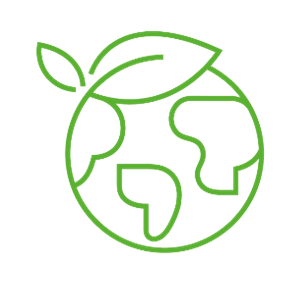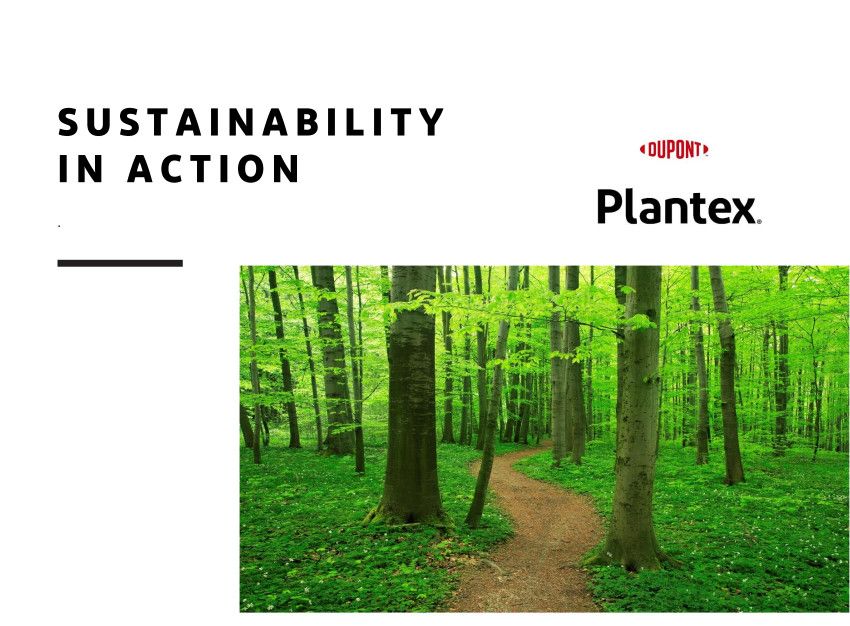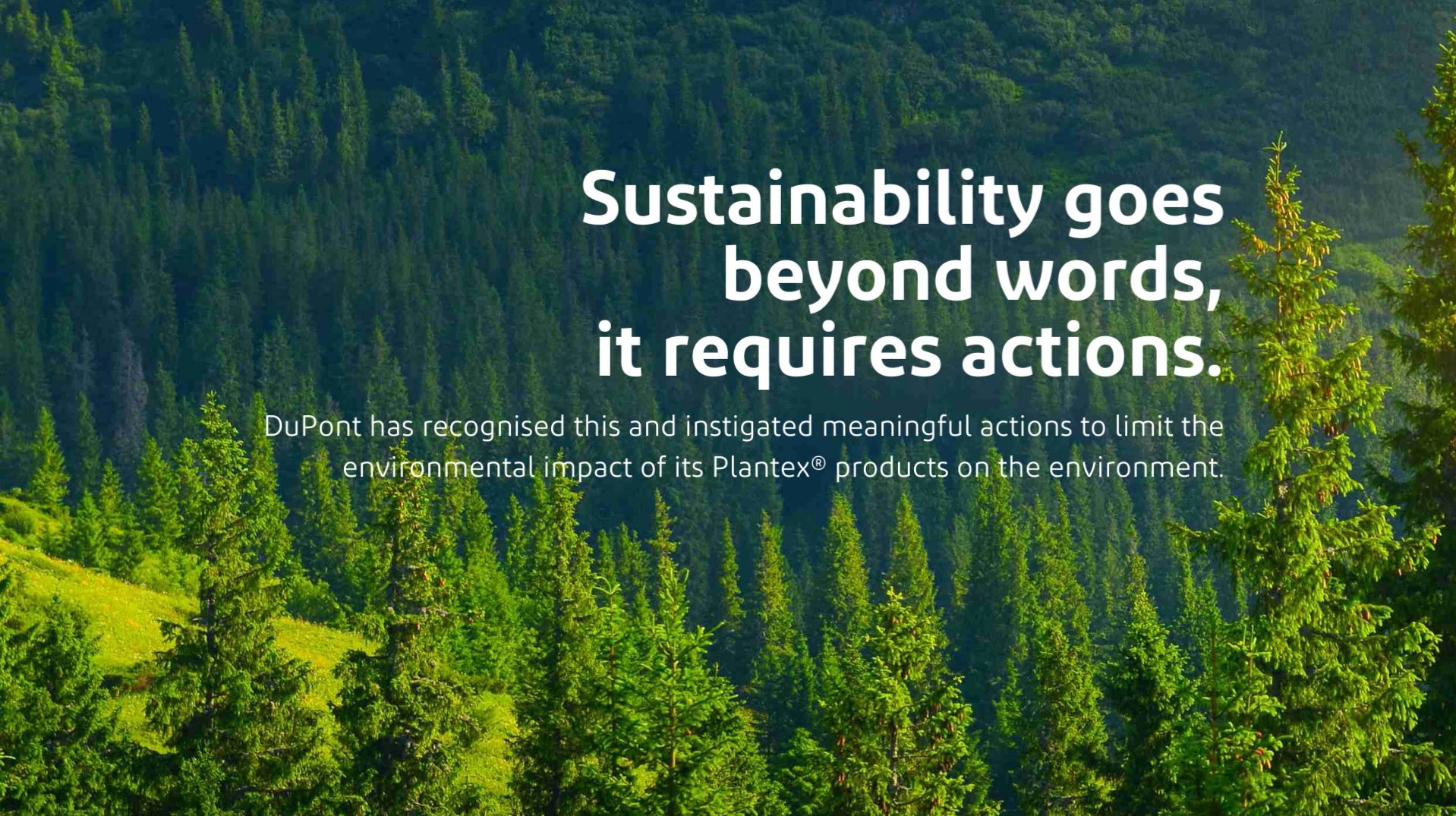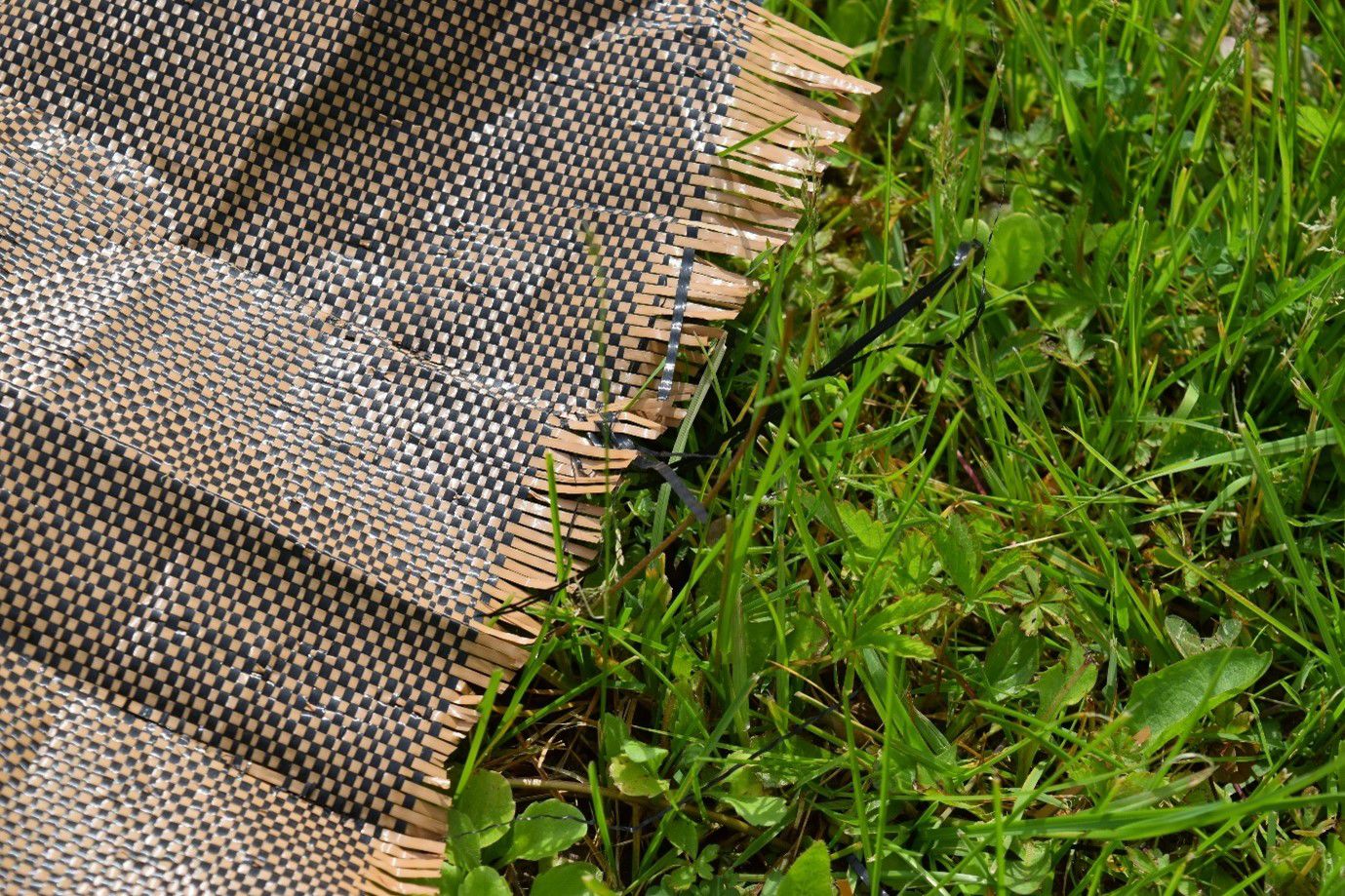Sustainability in action
Sustainability goes beyond words – it requires actions.
DuPont has recognised this and instigated meaningful actions to limit the environmental impact of its Plantex® products on the environment.
Plantex® products are made of 100% polypropylene, a completely recyclable material.
Plantex® products are made of continuous filaments, so edges do not fray and there is no loss of material into the ground during installation or when the fabric is being cut.
Use of recycled resin
For many years now, DuPont™ has striven to minimize polymer wastage, and Plantex® today contains up to 55% reprocessed material. This has led to a significant reduction in the use of virgin polymer.
Green electricity
To reduce the carbon footprint of its Luxembourg plant, all electricity bought and consumed there by DuPont comes from renewable sources through guarantees of origin.
And the location of our plant in central Europe leads to shorter delivery distances and thus fewer emissions.
Environmental Product Declarations
We now have EPD certification for all Plantex® products manufactured in DuPont de Nemours (Luxembourg) S.à.r.l.
This means that DuPont Luxembourg reports objective and third-party-verified data on the environmental impact of products manufactured there.
Operation Clean Sweep
In addition, the Luxembourg’s plant has signed up to the ‘Clean Sweep’ operation in which it pledges to prevent the loss of polymer pellets, flakes, and powder into the environment.
Compliance with German regulations
All Plantex® products are now also certified in accordance with dedicated German regulations (MGeokE and BBodSchV § 8).
The certification was obtained in 2022 and confirms that Plantex® products are considered as not harmful to the environment in the context of earthworks and geotextile applications.
In a nutshell

The sustainability of its Plantex® products is very important to DuPont™. Actions taken to promote this include – among others - the use of internal excess material to reduce consumption of virgin polymer, the use of green electricity in the production of Plantex® and the Environmental Product Declaration obtained for all Plantex® products manufactured in DuPont de Nemours (Luxembourg) S.àr.l.


